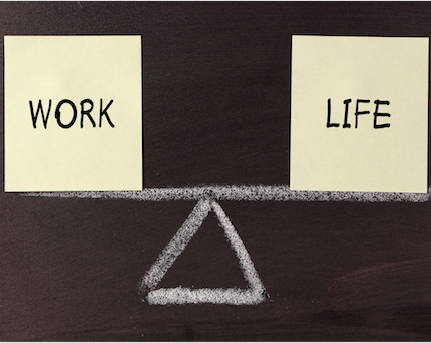More than two in five (42 per cent) workers now have more flexible working hours as a result of the pandemic, but many are looking for further flexibility as they return to the workplace.
The survey by Aviva found that six out of 10 workers would prefer to work longer hours each day to have a four day week and extended weekend. This choice of work pattern was most popular amongst the 25-34 year olds (65 per cent), but three out of five (60 per cent) 45-54 year olds also agreed.
The survey also that it was workers aged 45-54 that continue to work the longest hours per week, across both full-time and part-time employees.
Those who want more flexibility cited their number one reason as achieving a ‘better work/life balance’ (28 per cent). This figure increased to a third (33 per cent) of all 45-54s — the highest proportion across all ages)
A quarter think they would enjoy the flexibility of a four-day week (25 per cent), whereas one in five (22 per cent) would prefer not to commute to and from their workplaces every day. A similar number (21 per cent) claim to be able to do their jobs just as well from home, or remotely.
Aviva’s head of savings and retirement Alistair McQueen says: “Lockdown has changed the working lives of many. Flexibility has increased, and there appears to be appetite for more amongst some age groups.
“Our research indicates that those in mid-life are already working the longest hours on average. And they are also independently recognised as the least happy and most anxious age group.”
He adds that this is a fast growing employee population, and one that is under specific strain, and more flexibility regarding working hours may carry the greatest reward for the individual and their employer.
Aviva points out that it offers a mid-life MOT app, which provides online support to help those in mid-life manage their wealth, work and wellbeing.





